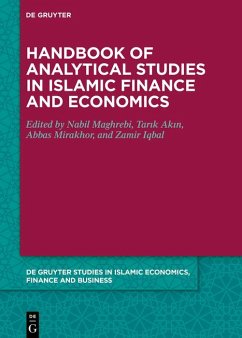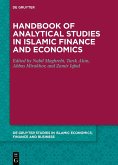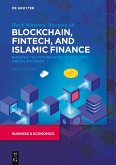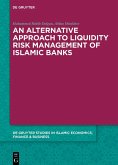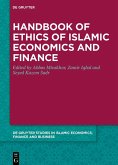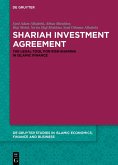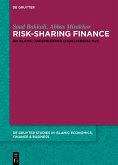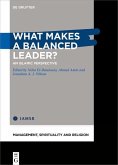Admittedly, finance and economics have their own failures, with abstract theory bearing little relation with the real economy, uncertainties and vicissitudes of economic life. Economic research has certainly become more empirical despite, or perhaps because of, the lack of guidance from theory. The analytics of Islamic economics and finance may not differ from standard frameworks, methods, and techniques used in conventional economics, but may offer new perspectives on the making of financial crises, nature of credit cycles, roots of financial system instability, and determinants of income disparities.
The focus is placed on the logical coherence of Islamic economics and finance, properties of Islamic capital markets, workings of Islamic banking, pricing of Islamic financial instruments, and limits of debt financing, fiscal stimulus and conventional monetary policies, inter alia. Readers with investment, regulatory, and academic interests will find the body of analytical evidence to span many areas of economic inquiry, refuting thereby the false argument that given its religious tenets, Islamic economics is intrinsically narrative, descriptive and not amenable to testable implications. Thus, the handbook may contribute toward a redefinition of a dismal science in search for an elusive balance between rationality, ethics and morality, and toward a remodeling of economies based on risk sharing and prosperity for all humanity
Dieser Download kann aus rechtlichen Gründen nur mit Rechnungsadresse in A, B, BG, CY, CZ, D, DK, EW, E, FIN, F, GR, HR, H, IRL, I, LT, L, LR, M, NL, PL, P, R, S, SLO, SK ausgeliefert werden.

